The MORE-Southern African Project is a special commemoration and legacy project to honour the memory of Victoria Mahlangeni, M.D.; the departed and beloved wife of MORE chairman A’Jamal Byndon. Weeks before Victoria’s untimely passing, the Byndons had planned to work MORE to discuss Southern African literature by the virtually unknown victims of colonialism and Apartheid.
The first in the series of discussions was a book review event in collaboration with members of the Tswana History Matters to dissect a book by a member of the Tswana ethnicity named Sol T. Plaatjie. Plaatjie is now a forgotten anti-Apartheid hero of the early 1900s who published outstanding literary works during the first decade of Apartheid South Africa.
The year 2023 will mark the 100th anniversary of Plaatjie visit to the United States and Europe where he was soliciting support to fight racial injustices perpetuated by European invaders. His visit to the United States culminated in meeting Marcus Garvey and other early predecessors of the Civil Rights movement.
For more information contact us on WhatsApp at 402-212-7083 or email us at moreinfo@moreomha.org
The importance of exploring South African racism stemmed from the fact that Vicky’s parents were political refugees in Bechuanaland Protectorate (present day Botswana) in the 1940s to escape apartheid in Transkei, South Africa.
Contact:
Ms. Merapelo Letebele
Project Coordinator
The MORE Southern African Project
P.O. Box 337
Mmakgodi Botswana
email:merapelo.letebele@icloud.com
(What'sApp phone): +26772525338
Merapelo Letebele, the administrator of the Tswana History Matters has acceded to collaborating with MORE to coordinate the project on African soil. Merapelo Letebele graduated from Creighton University with a journalism degree in 2002. She is a citizen of the Republic of Botswana.
For the past two decades, former journalist Merapelo Letebele has been immersed in a personal quest to unravel her family history. Scanty oral family traditions failed to account for her family’s assumed tribal identity (Kwena), while her totem pointed to something else (Hurutshe).
About 17 years ago, her relentless pursuit of the missing pieces of the puzzle led her to a digitized copy of the David Livingstone diary, which enabled her to ascertain that her family ended up in Molepolole, among Bakwena as refugees of the Dimawe War of 1852. The Battle of Dimawe was a watershed moment for the ethnic group called the Batswana, as it culminated in the foundations of the Republic of Botswana, a territory that native Batswana defended from annexation by the Boers in a series of bloody battles. Other Tswana groups who lost similar battles were humiliated, enslaved, and their land was taken by colonialism and later its extreme form, Apartheid.
From that point forward, a fire was ignited within Ms. Letebele. She has since dedicated almost 20 years of her time, using her investigative journalism skills, to collect, collate, examine and analyze information relating to the possible origins of the Tswana culture to postulate a groundbreaking theory.
Letebele has embraced the opportunity to collaborate with MORE to exercise her intellectual faculties and skills, to bring into focus the European occupation of Southern Africa from a native perspective. The Southern Africa Project will help deconstruct the impact of apartheid in Southern Africa; and demonstrates clear similarities with historical racism in the United States. The sum of these efforts will efforts will facilitate understanding and acknowledgement of how historical racism has destroyed the Black communities.
Letebele’s approach is rooted in the realization that all “knowledge” in the sense of facts, information, or explanations about African history is peddled from a Eurocentric lens and philosophical basis. The time for Africans and African Americans to generate their historical knowledge. Through this project, Ms. Letebele will lead and collaborate with like-minded individuals and entities to explore the experience of knowing and contemplate newly discovered information about previously hidden elements of African and African American history; in pursuit and advancement of racial healing and knowledge.
We hope to explore the events by:
Facilitate conversations with the credible community and educational leaders of various groups in Botswana, South Africa, and the United States.
Utilize modern media platform to facilitate conversations to address, reduce, and challenge xenophobic mass media messages to improve racial healing.
Foster dialogue aimed at harmonizing the pan-African agenda with broader representation.
Explore opportunities to pair African Americans and Africans to cultivate social capital between the two groups to fight global racial as a cohesive group.
Merapelo “Shana” Letebele
Administrator of Tswana History Matters and MORE’s Project Coordinator for the Southern Africa Project
The Africa History Group, Tswana History Matters, Biko’s Legacy Lives, Bapedia Kingdom History, African Without Borders, The African History, Historic South Africa, Sotho-Tswana History, Basotho, Batswana, Bapedi Barotse and Babirwa one family, Sol Plaatje University Students & Alumni.
The MORE-Southern African Project is a new program that seeks to provide a transatlantic bridge for Africans and African Americans to create unity on common agendas. MORE-Omaha is a grassroots movement that aims to build a “Botswana-Southern Africa Project” that mobilizes Bantu groups in Southern Africa to cooperate and collaborate on issues of education of history, building social capital, and bridging communities and groups for understanding common challenges in respective countries.
As citizens of several Southern African republics, we have noted how post-Apartheid era governments struggle to establish economically secure futures for our people.
The region has experienced heart-wrenching xenophobic attacks by Black Africans on other Africans, thereby undoing any prospects of reintegration, reconciliation, and unity of Africans.
Through our efforts, we want the people to foster meaningful unity of Africans and African Americans in the continent and the diaspora. This will include a conference.
To utilize our skills to find solutions to challenges or problems.
Work on how participants can advocate for change in social justice or public policies on various levels that improve the lives of the residents with meaningful and measurable outcomes.
Raise public awareness to secure international educational events, project funding, cooperation, and ownership of solutions at different levels.
We regularly schedule these international social capital or community events at times convenient to the participants.
We will alternate between noon and evening events where participants can experience those various time schedules within their countries. Our goal is to have opportunities where the times will vary, and there will be a follow-up to the participants’ ideas. This will be operationalized by video podcasting and YouTube or web-based posting that we control with MOREomaha.org. The format of various episodes will include interviews, and discussions between the host, participants in the process, and guests. Each event will then be posted on the MORE-Botswana Southern African tab on the website and Facebook page, where subscribers and educational organizations can continue the conversation with participants.
Some of the historical issues from a Southern African perspective:
From the early to mid-15th century, during the European Age of Discovery, the Portuguese explorers reached the Southern tip of Africa, where they made contact with the Khoisan people of present-day South Africa.
About a hundred years later, the Dutch (Afrikaners-Boer) reached the Cape area of South Africa on a similar exploratory endeavor.
By the 1700s, the Dutch built military garrisons and a colony on South African soil. They decimated the local populations, enslaved many more, and took their land by force. Additionally, the Dutch brought tens of thousands of enslaved East Asians to work in their colony. The English joined the Dutch in the early 1800s and established their colony in the Cape.
The genocidal land grabs and White government enactment of the Native Land Act of 1913 laid the foundation for Apartheid and post-Apartheid income and social disparities that created the wretched conditions in Southern Africa.















